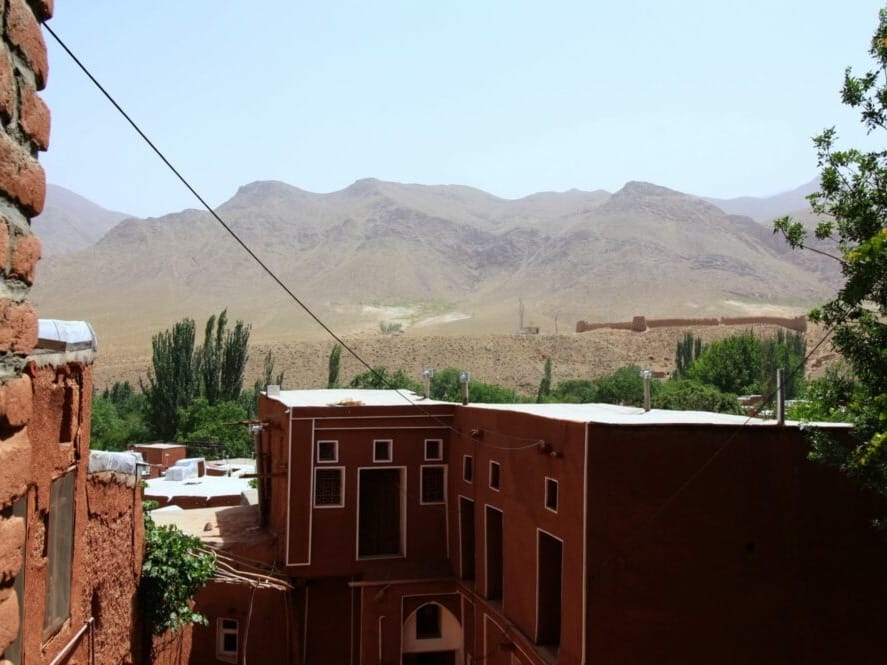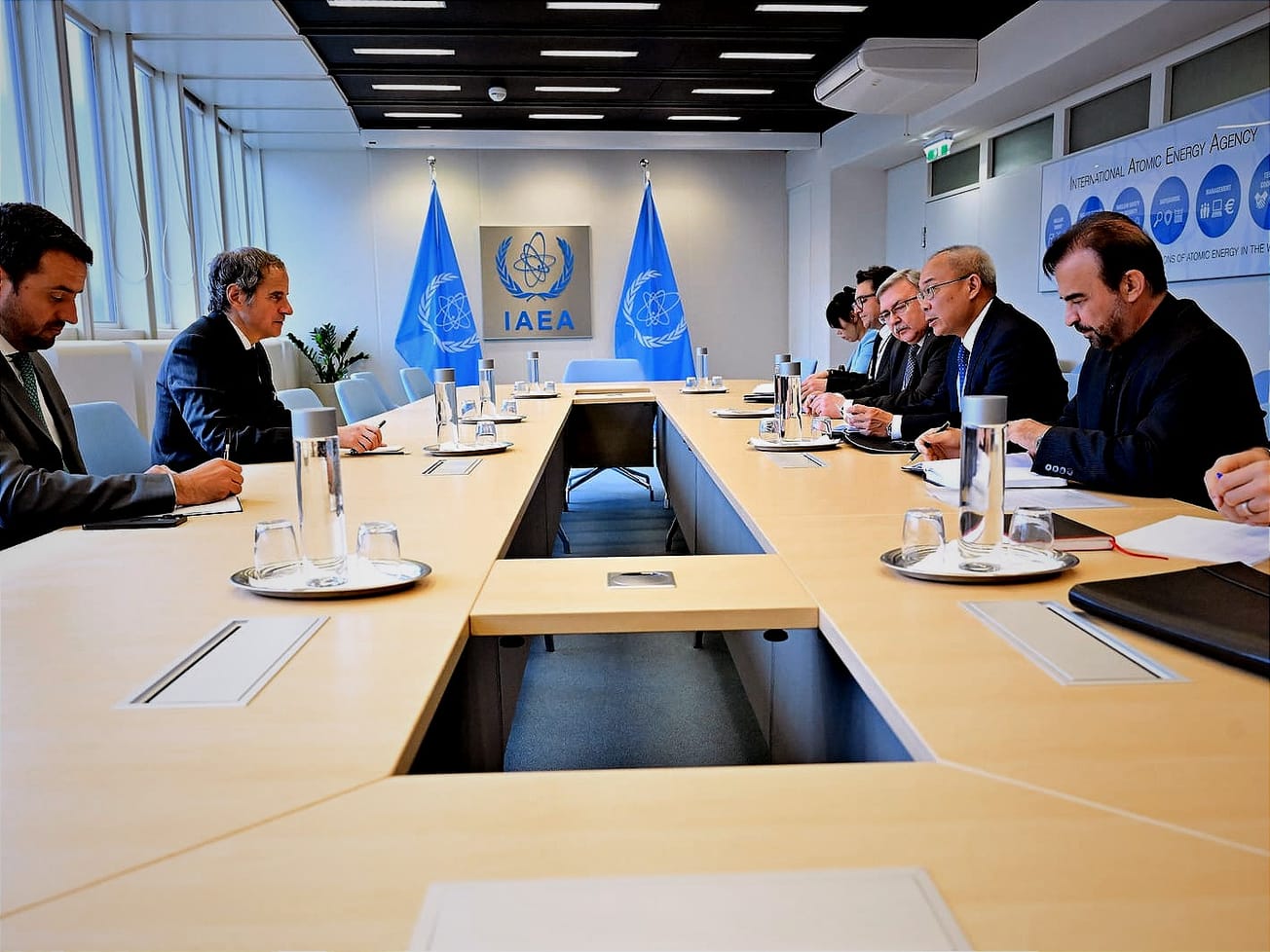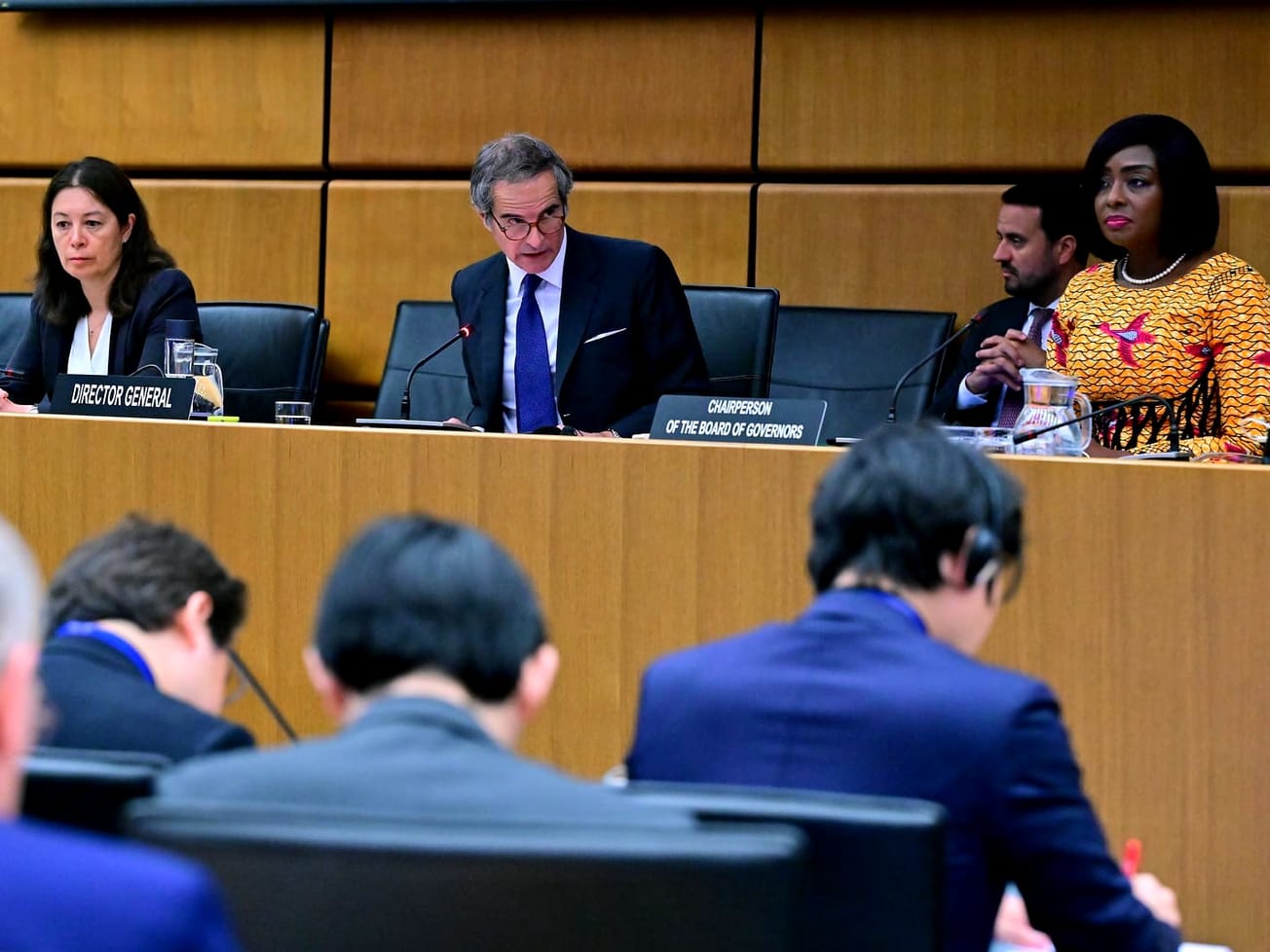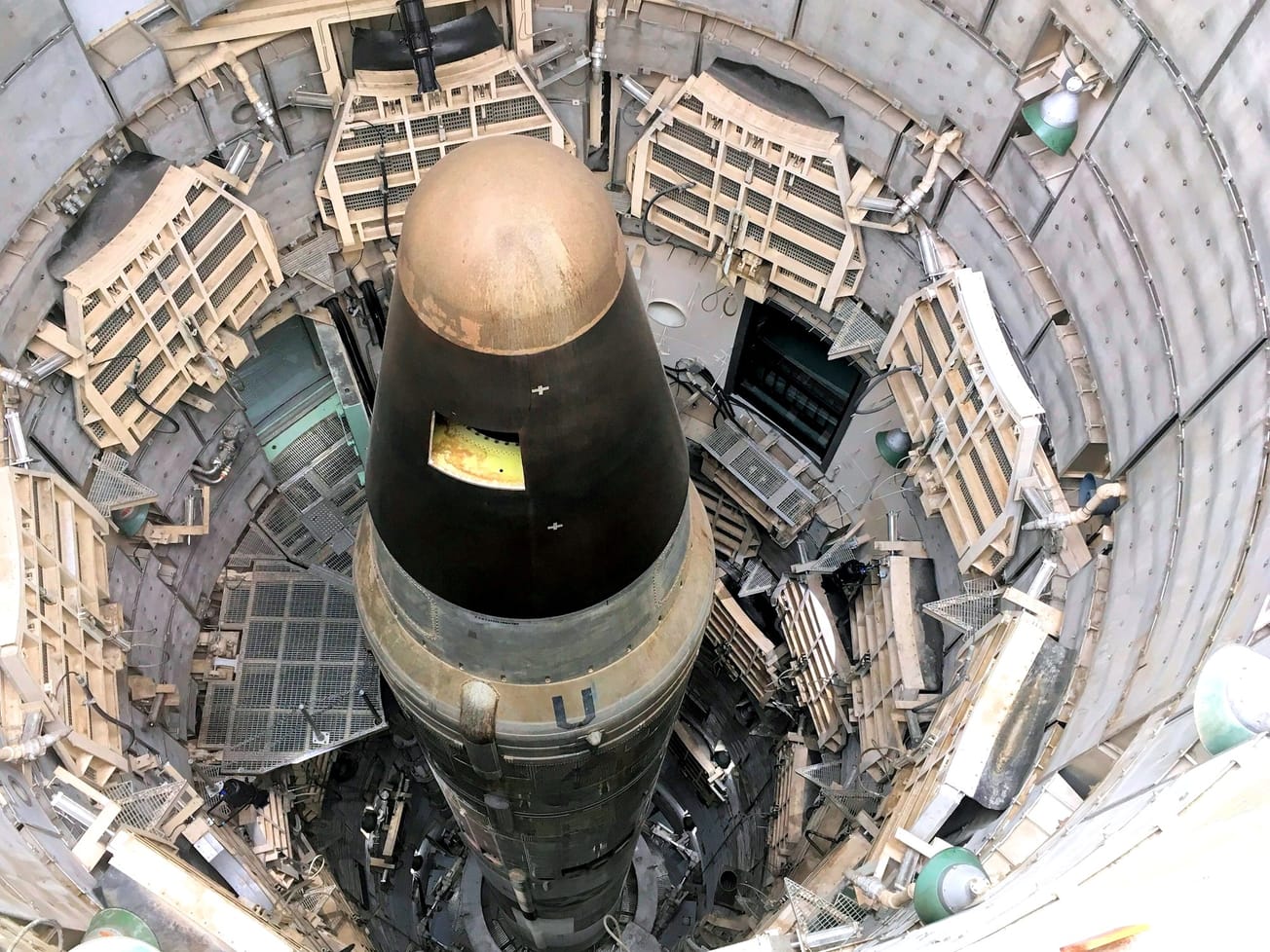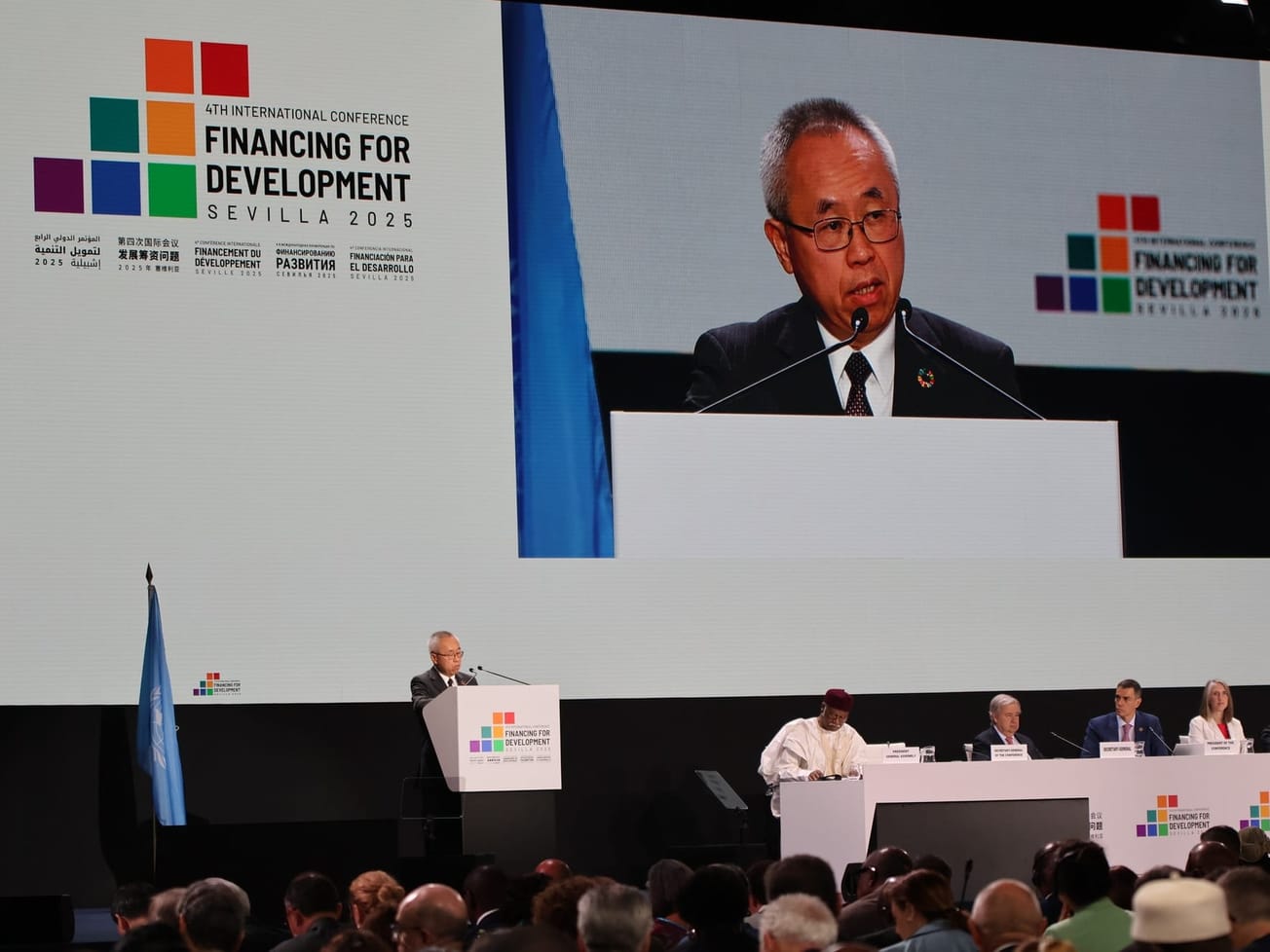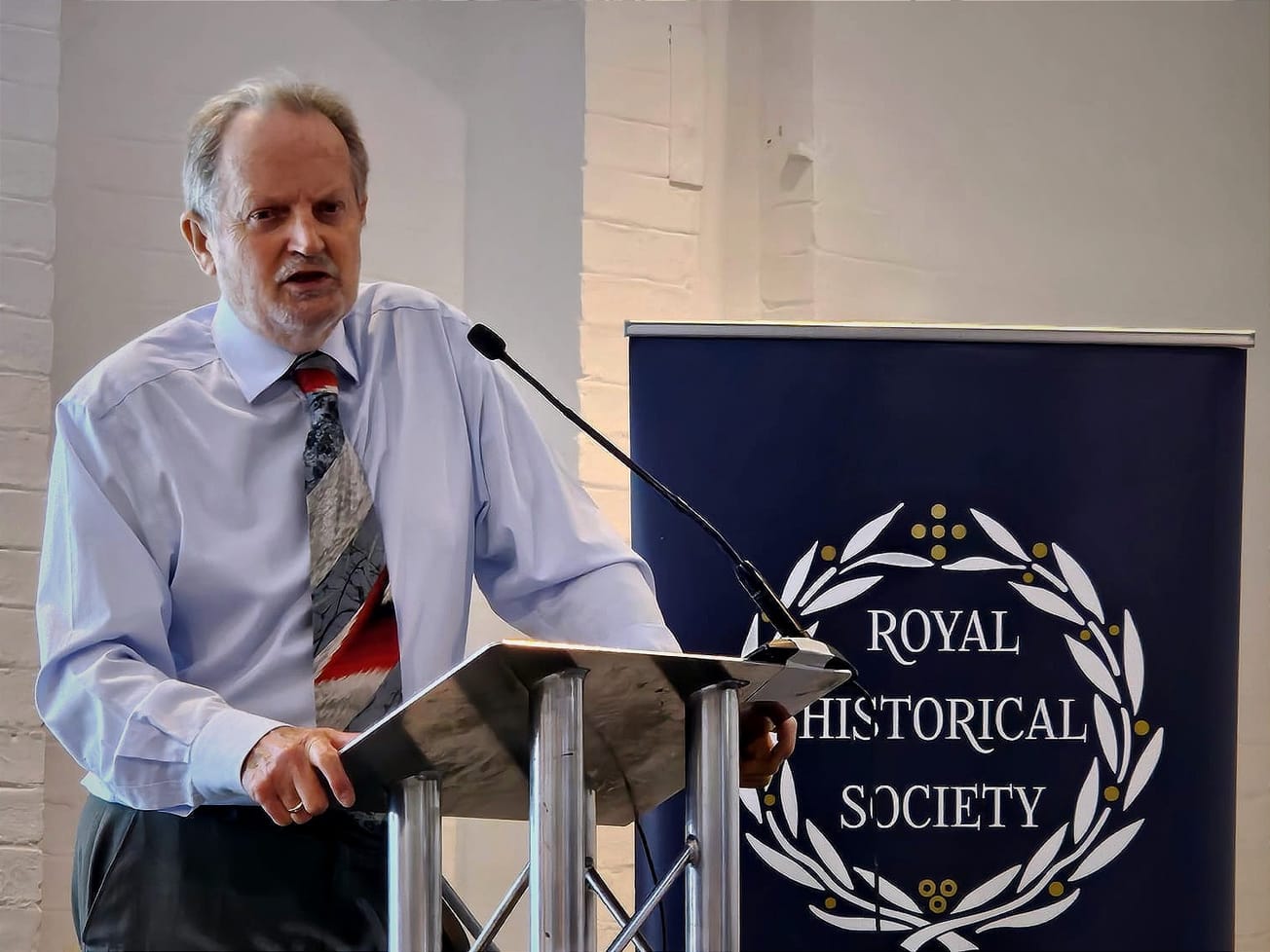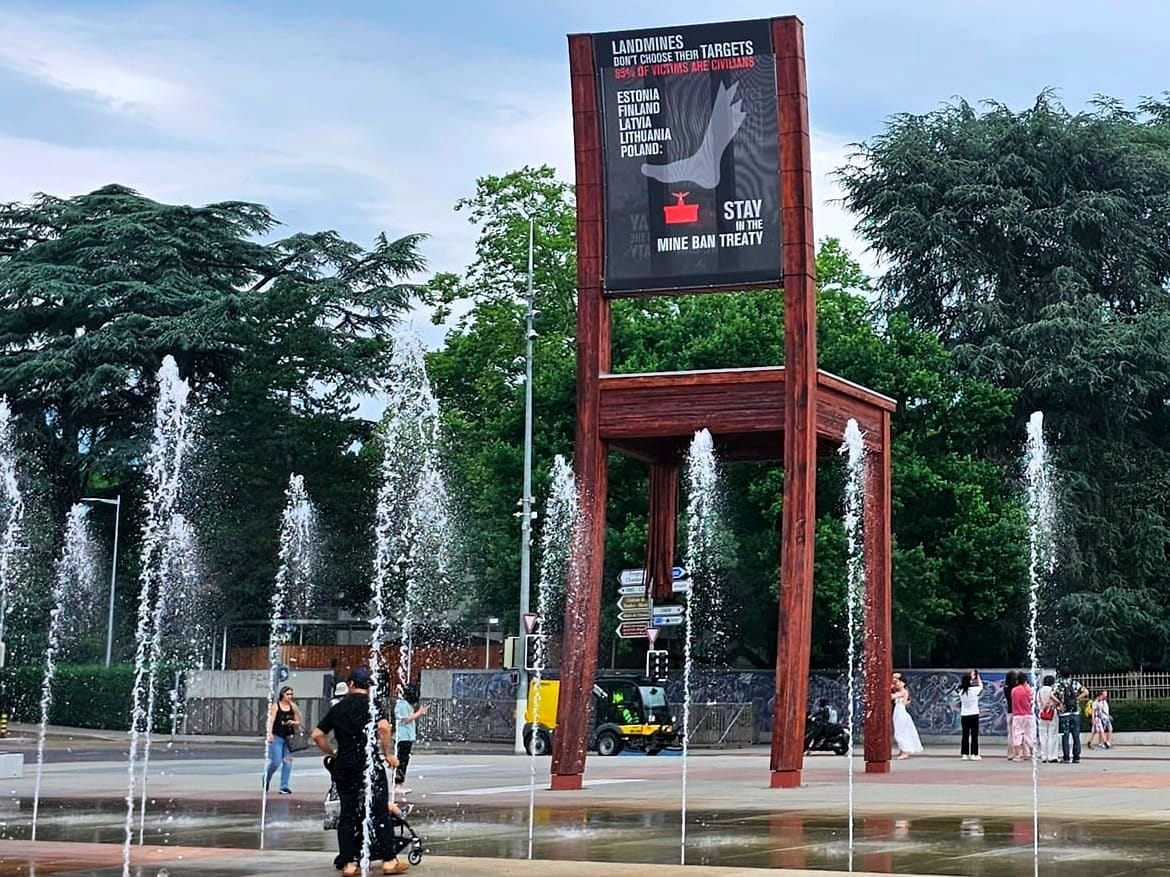One week after a warning from the U.N. nuclear watchdog agency, Iran said it will soon increase its low-level enriched uranium stockpile above a limit in the 2015 nuclear deal.
The spokesperson for Iran's Atomic Energy Organization, Behrouz Kamalvandi, said on Monday the stockpile of enriched uranium permitted under the deal would exceed the agreed upon limit before the end of June.

